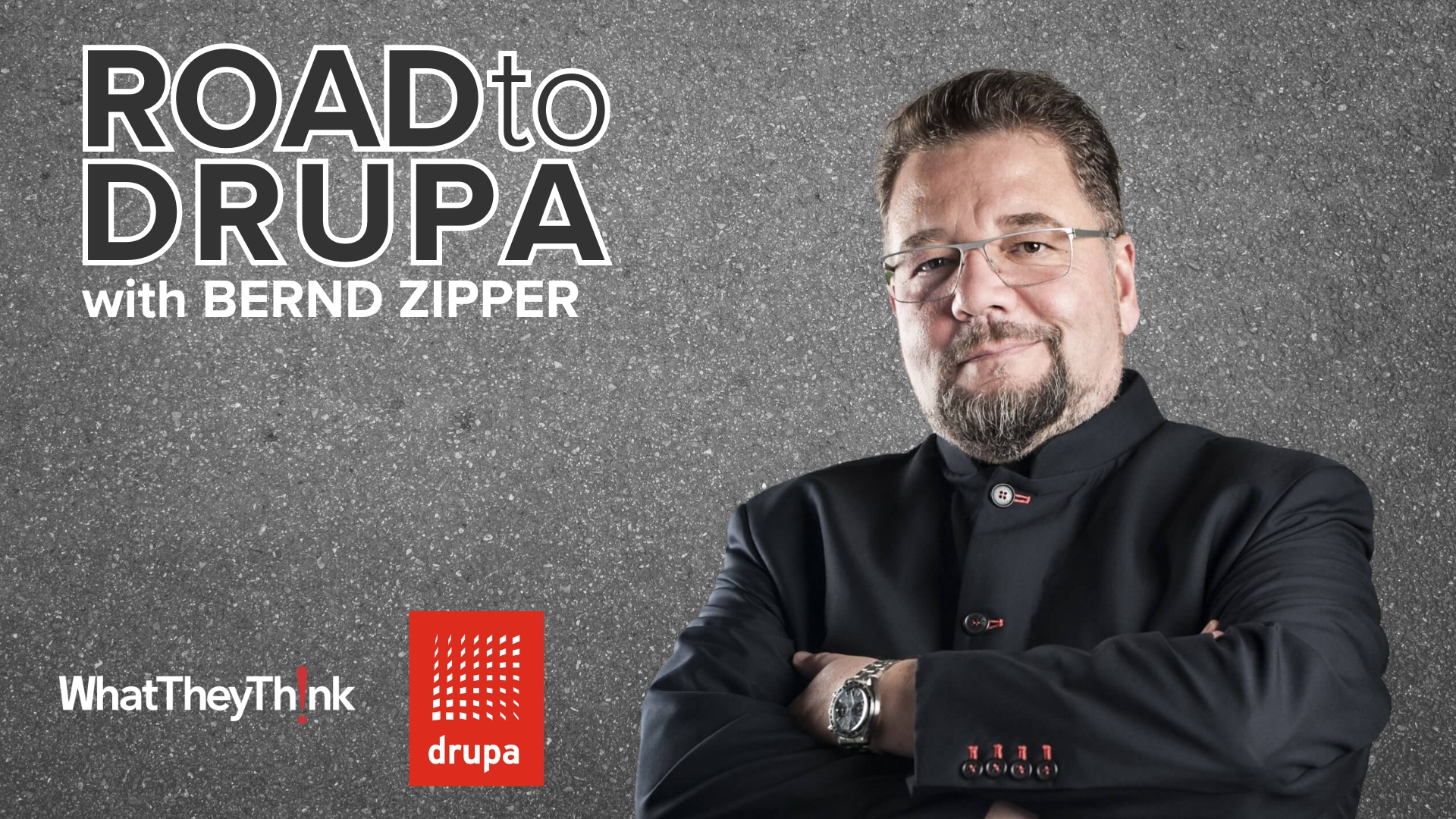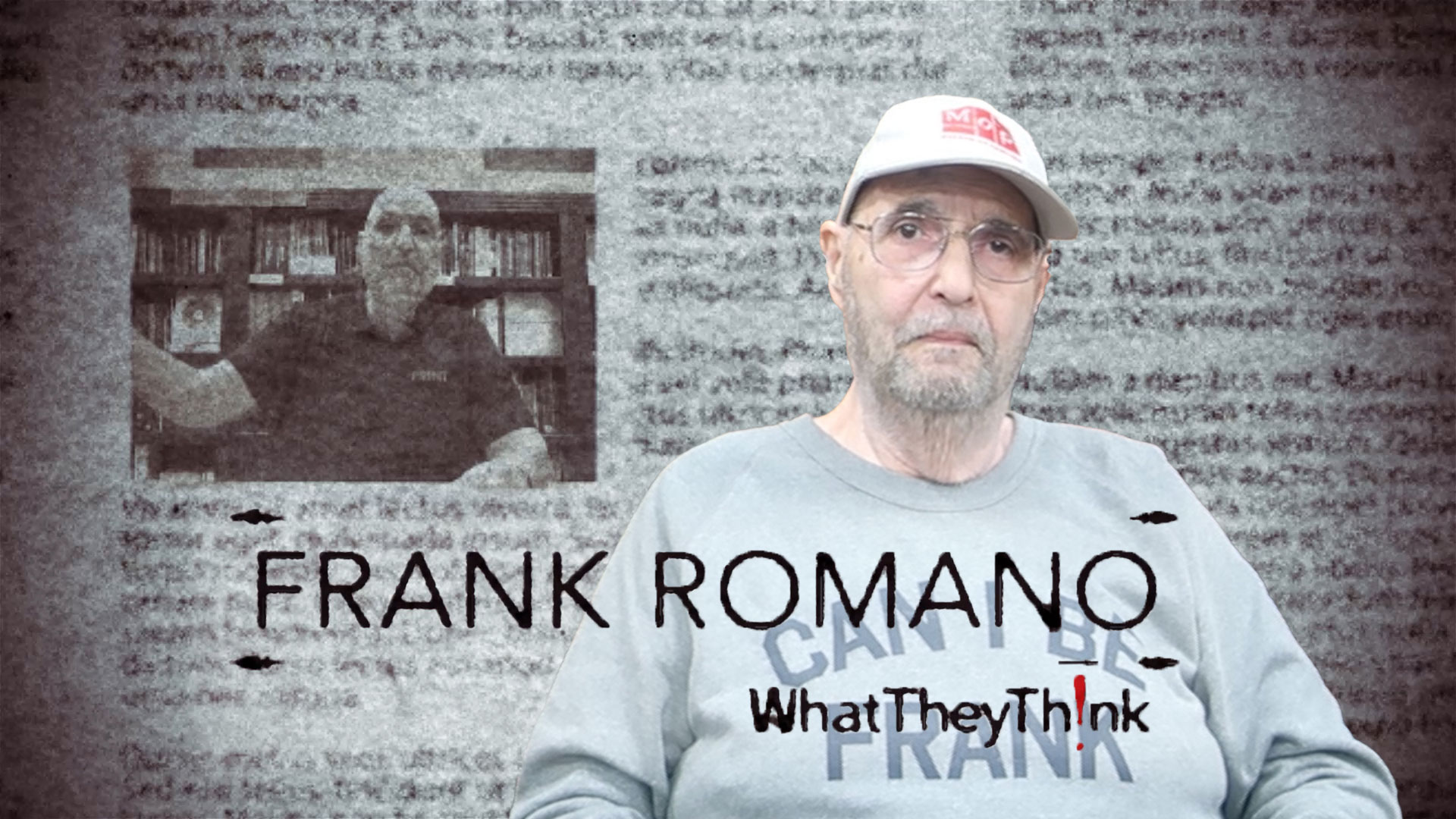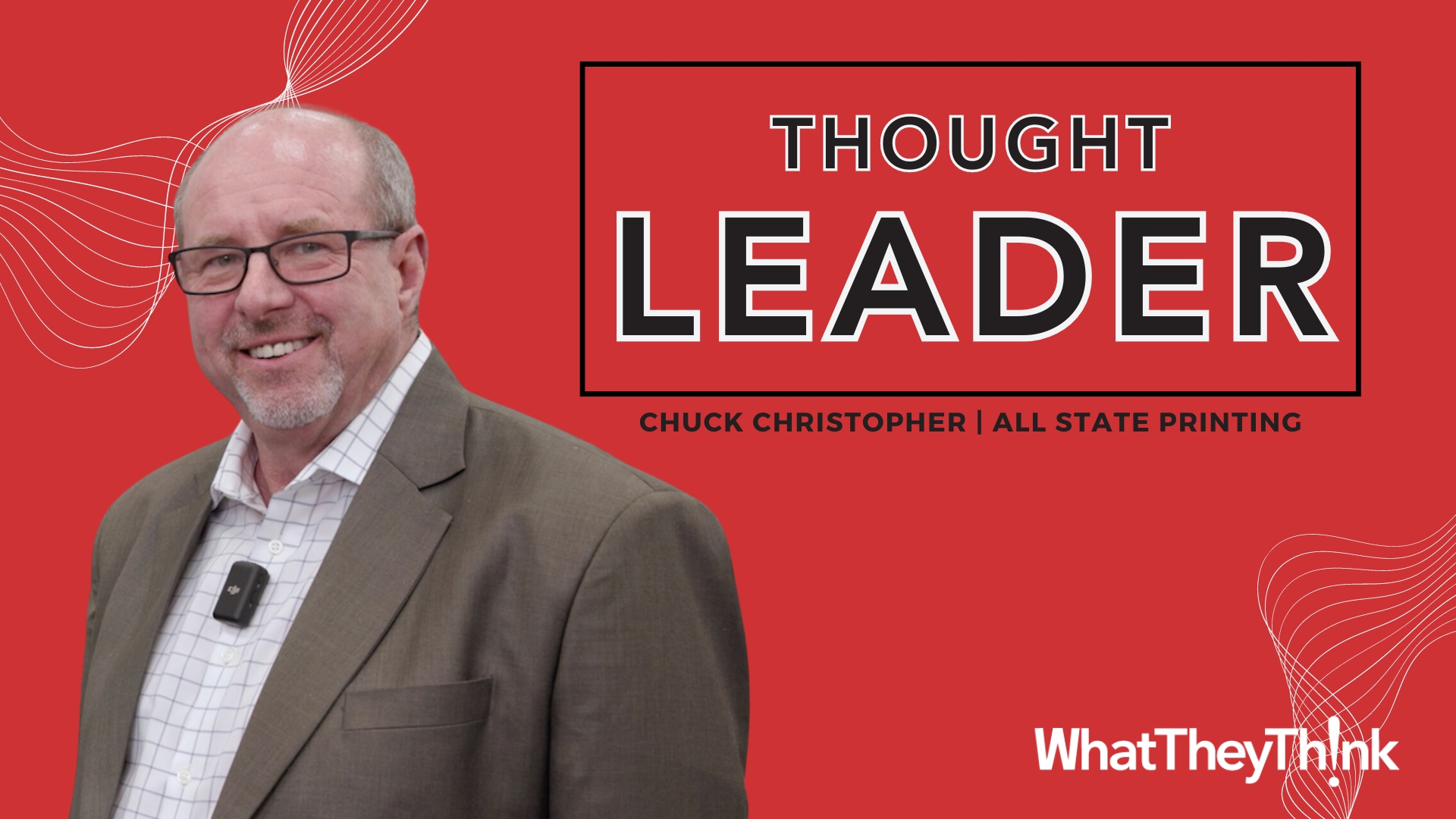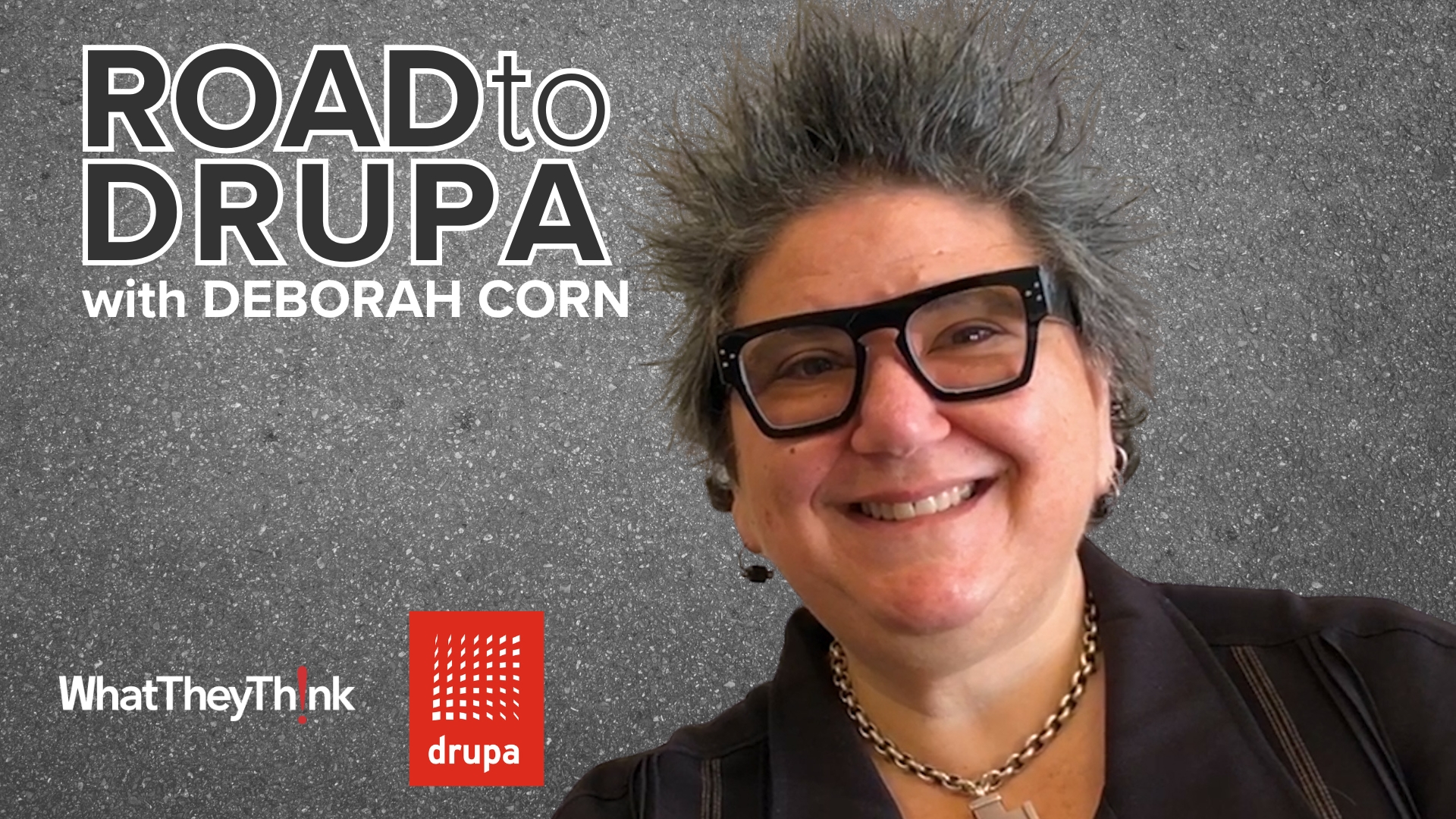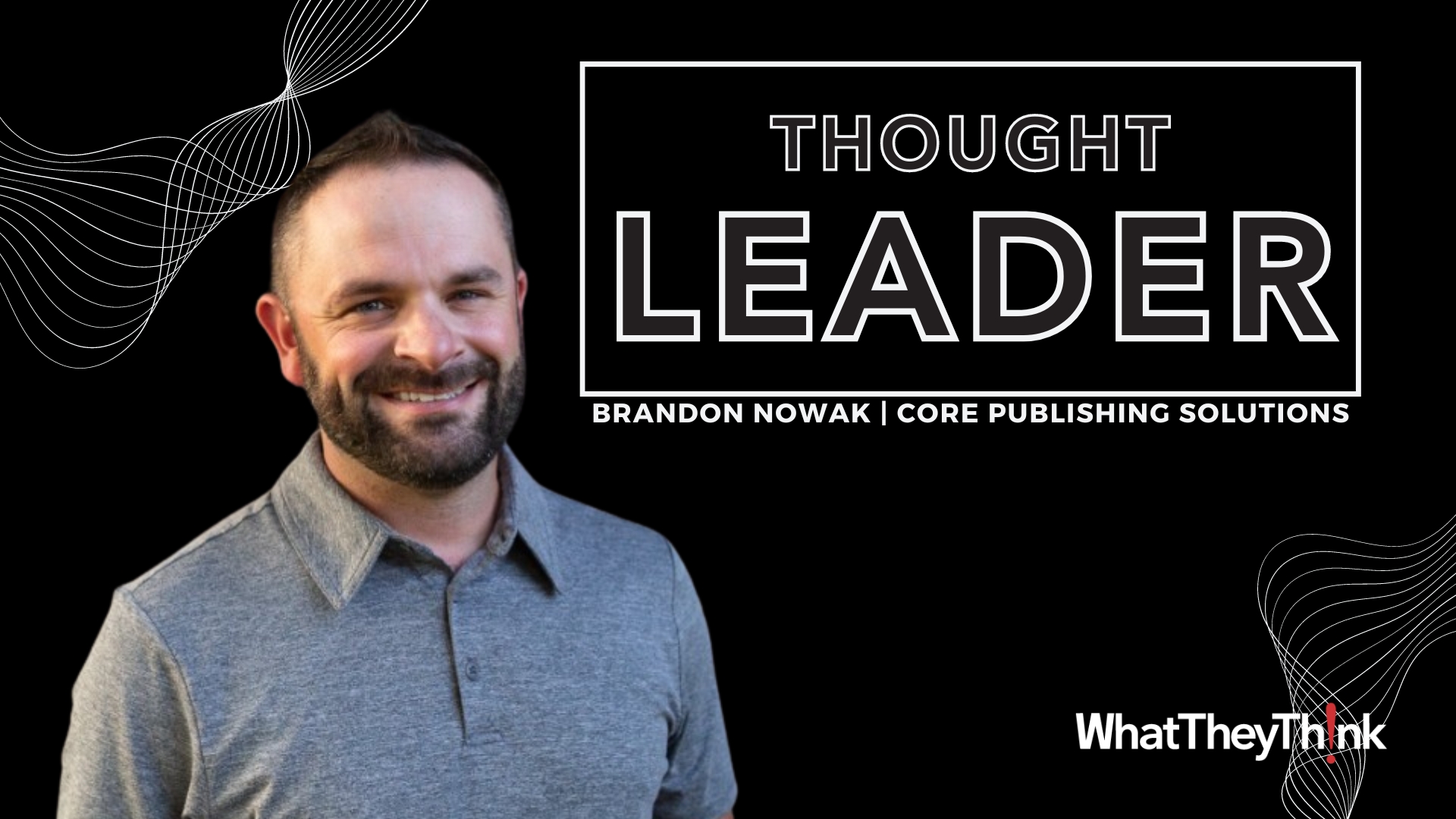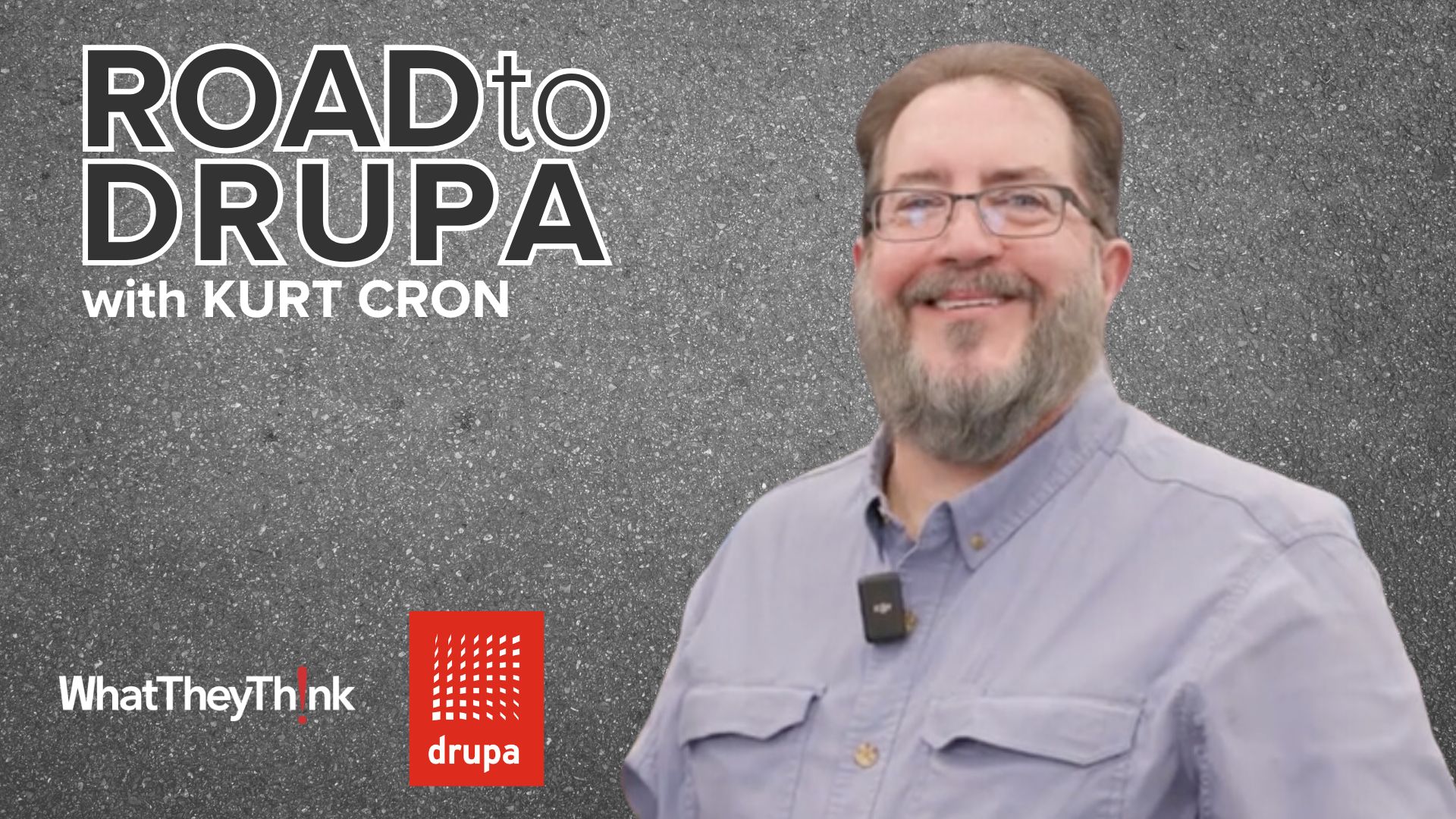Commentary & Analysis
Know Your ENGO, and Keep Him Close
The recent collaborative agreement reached by environmentalists and members of the Canadian forest products industry, a public campaign targeting the packaging-sourcing practices of KFC, and other actions are focusing attention on environmental non-governmental organizations (or ENGOs). But who are they? And what are they up to?
The recent collaborative agreement reached by environmentalists and members of the Canadian forest products industry, efforts to establish a Do Not Mail Registry, and a public campaign targeting the packaging-sourcing practices of KFC are focusing attention on a cadre of non-profit groups known as environmental non-governmental organizations (or ENGOs)
I think it is fair to say that a good number of folks the North American printing and paper industry view ENGOs as adversaries, rightly or wrongly. But whether you see them as foe or friend, the ENGO community is a capable barrister in the court of public opinion, and, as such, merits a closer look.
Over the next couple of weeks, we’ll be profiling some of the groups that are steering customer perceptions, influencing corporate decision-making, and shaping public policy. History shows that regional ENGOs such as North Carolina’s Dogwood Alliance, national players such as Canada’s Canopy, and international actors such as WWF continue to be powers to be reckoned with. And as sixth-century-BC military strategist Sun Tzu might tell you (look him up), it’s best to be aware of these guys.
Let’s start with an ENGO you've read about in recent headlines, ForestEthics.
 Headquartered in Bellingham, WA (with personnel in Portland, OR and San Francisco, CA), ForestEthics is best known as a markets campaign organization, although it does work closely with companies behind the scenes to help them develop what the NGO considers to be responsible policies and practices. (Markets campaigns, in a nutshell, are efforts to change company or industry practices by focusing public attention on brands.) In addition to markets campaigners, ForestEthic’s staff, though small in number, includes some very sharp strategists and lawyers.
The group began its work in 1994 as the Clayoquot Rainforest Coalition (CRC),and was instrumental in helping to protect much of Clayoquot Sound, in British Columbia, Canada, from logging. CRC expanded its mission to seek protection of the entire coastal rainforest of British Columbia.
Renamed ForestEthics in 2000, the ENGO participated in the Rainforest Solutions Project, a lengthy markets campaign targeting major brands including IKEA, Staples, The Home Depot, and IBM. This campaign was resolved in January 2006 through the Great Bear Rainforest Agreements, a negotiated settlement among environmentalists, logging companies, First Nations communities and the government of British Columbia.
ForestEthic’s efforts are not limited to North America. The group has effectively campaigned against major forest industry interests in Chile, and negotiated a Joint Solution Agreement with pulp and wood-products producer Arauco, in which the company agreed not to harvest the native forest land that it owns.
ForestEthics is perhaps best known for its “Victoria’s Dirty Secrets” markets campaign against the paper-sourcing practices of Limited Brands’ catalog merchandiser, Victoria’s Secret. While the campaign issue was catalog paper, the activism focused on the brand’s big-city retail operations, where lingerie-clad women wielding chainsaws conducted very vocal protests.
ForestEthics is now focusing its attention on the direct-mailing practices of American Express, Bank of America, Capital One, Geico, Discover, and Chase. In addition it has targeted Fortune 500 CEOs in an effort to dissuade their companies/brands from associating with, or using the logo of, the Sustainable Forestry Initiative. The ENGO also has has added a campaign against the extraction of oil from Canadian tar-sands to its forest-protection efforts.
ForestEthics is a signatory to the recent Canadian Boreal Agreement, a pact between nine ENGOs and 21 members of the Forest Products Association of Canada (FPAC) which includes a three-year ban on new harvest operations in the Canadian Boreal while studies of the Boreal and woodland caribou management are being made. In exchange for the harvest moratorium, participating ENGOs have agreed to a suspension of protest activity against participating companies on the Boreal issue. ForestEthics has recently launched a “Boreal Watchdog” email program on its website, hoping to let the FPAC member companies know that supporters are “paying close attention to the implementation of the agreement” and looking forward to “the completion of conservation milestones.”
To read more about ForestEthic's past and current campaigns, visit their website.
Headquartered in Bellingham, WA (with personnel in Portland, OR and San Francisco, CA), ForestEthics is best known as a markets campaign organization, although it does work closely with companies behind the scenes to help them develop what the NGO considers to be responsible policies and practices. (Markets campaigns, in a nutshell, are efforts to change company or industry practices by focusing public attention on brands.) In addition to markets campaigners, ForestEthic’s staff, though small in number, includes some very sharp strategists and lawyers.
The group began its work in 1994 as the Clayoquot Rainforest Coalition (CRC),and was instrumental in helping to protect much of Clayoquot Sound, in British Columbia, Canada, from logging. CRC expanded its mission to seek protection of the entire coastal rainforest of British Columbia.
Renamed ForestEthics in 2000, the ENGO participated in the Rainforest Solutions Project, a lengthy markets campaign targeting major brands including IKEA, Staples, The Home Depot, and IBM. This campaign was resolved in January 2006 through the Great Bear Rainforest Agreements, a negotiated settlement among environmentalists, logging companies, First Nations communities and the government of British Columbia.
ForestEthic’s efforts are not limited to North America. The group has effectively campaigned against major forest industry interests in Chile, and negotiated a Joint Solution Agreement with pulp and wood-products producer Arauco, in which the company agreed not to harvest the native forest land that it owns.
ForestEthics is perhaps best known for its “Victoria’s Dirty Secrets” markets campaign against the paper-sourcing practices of Limited Brands’ catalog merchandiser, Victoria’s Secret. While the campaign issue was catalog paper, the activism focused on the brand’s big-city retail operations, where lingerie-clad women wielding chainsaws conducted very vocal protests.
ForestEthics is now focusing its attention on the direct-mailing practices of American Express, Bank of America, Capital One, Geico, Discover, and Chase. In addition it has targeted Fortune 500 CEOs in an effort to dissuade their companies/brands from associating with, or using the logo of, the Sustainable Forestry Initiative. The ENGO also has has added a campaign against the extraction of oil from Canadian tar-sands to its forest-protection efforts.
ForestEthics is a signatory to the recent Canadian Boreal Agreement, a pact between nine ENGOs and 21 members of the Forest Products Association of Canada (FPAC) which includes a three-year ban on new harvest operations in the Canadian Boreal while studies of the Boreal and woodland caribou management are being made. In exchange for the harvest moratorium, participating ENGOs have agreed to a suspension of protest activity against participating companies on the Boreal issue. ForestEthics has recently launched a “Boreal Watchdog” email program on its website, hoping to let the FPAC member companies know that supporters are “paying close attention to the implementation of the agreement” and looking forward to “the completion of conservation milestones.”
To read more about ForestEthic's past and current campaigns, visit their website.
About Peter Nowack
Video Center
- Inkjet driving insourcing for state in-plants
- Real World AI for the Printing Industry
- Harnessing the Power of Synergy: HP High Speed Inkjet and Indigo Liquid Toner Technologies
- KYOCERA NIXKA INKJET SYSTEMS (KNIS) INTRODUCES BELHARRA, THE NEW WAVE OF PHOTO PRINTERS
- New RISO Printing Unit Offers Easy Integration for Package Printing
- March 2024 Inkjet Installation Roundup
- Inkjet Integrator Profiles: Integrity Industrial Inkjet
- Revisiting the Samba printhead

WhatTheyThink is the official show daily media partner of drupa 2024. More info about drupa programs
© 2024 WhatTheyThink. All Rights Reserved.

